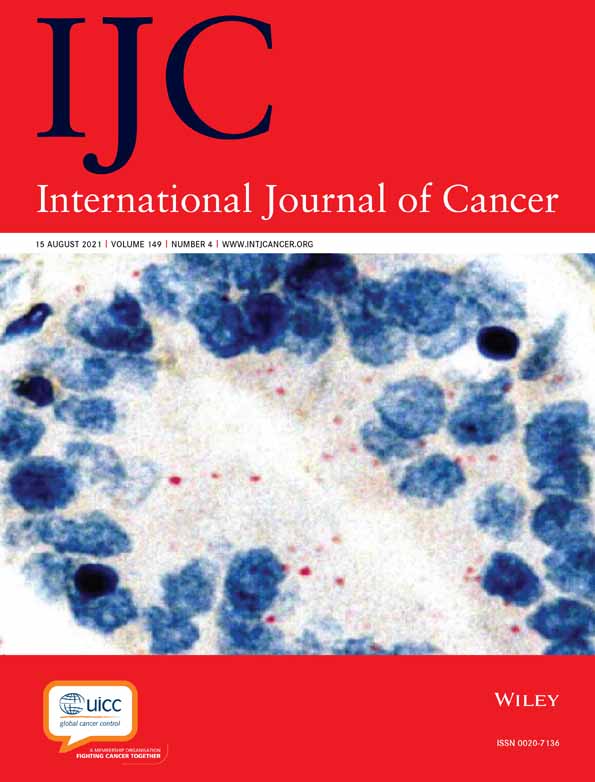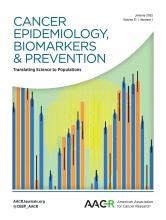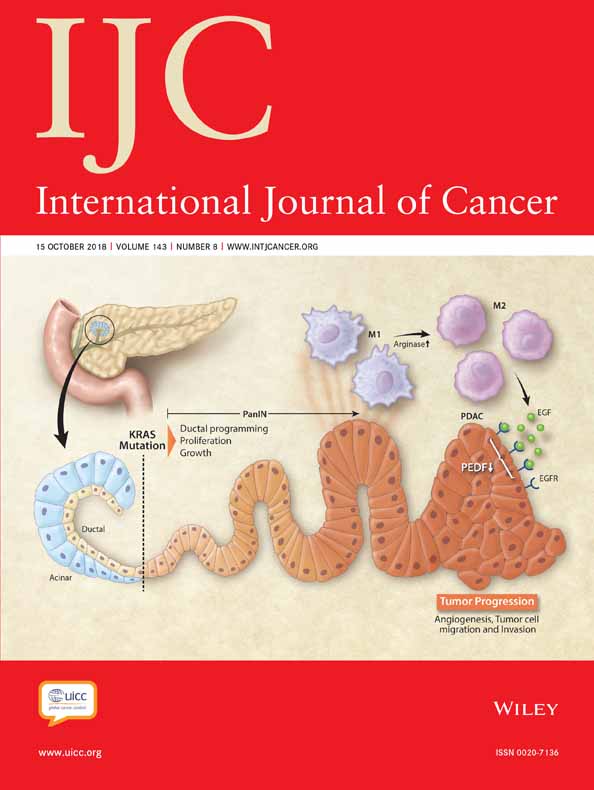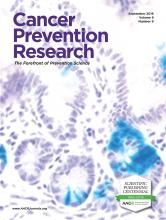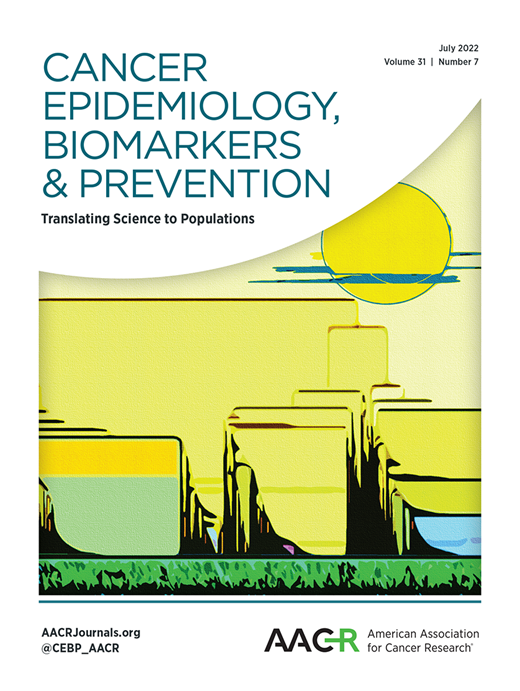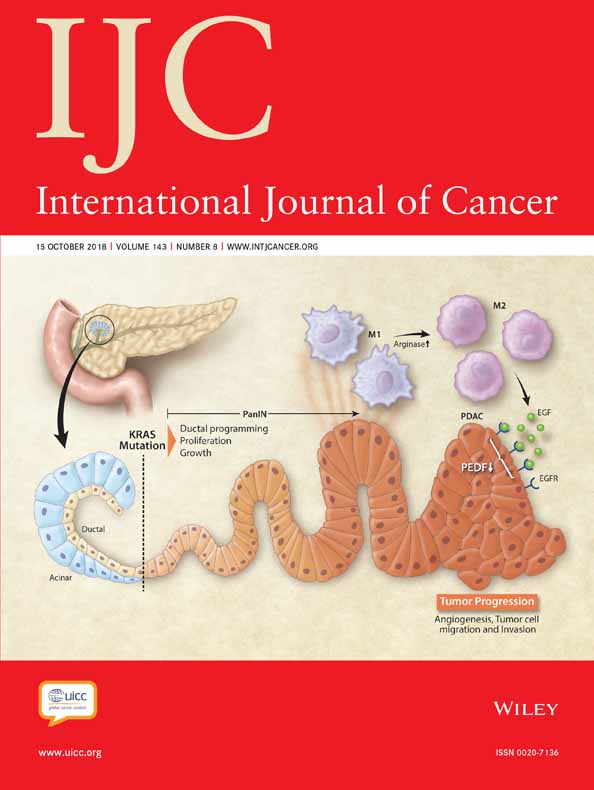Citrus intake and risk of skin cancer in the European Prospective Investigation into Cancer and Nutrition cohort (EPIC)
Citrus intake has been suggested to increase the risk of skin cancer. Although this relation is highly plausible biologically, epidemiologic evidence is lacking. We aimed to examine the potential association between citrus intake and skin cancer risk. EPIC is an ongoing multi-center prospective cohort initiated in 1992 and involving ~ 520,000 participants who have been followed-up…





